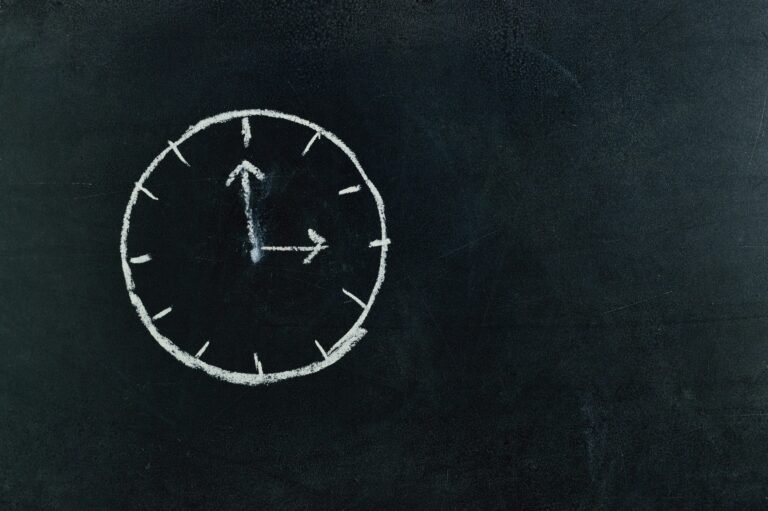Growing up with a parent who has undiagnosed ADHD can feel like living in a world full of contradictions. On the surface, things might seem “normal” enough to outsiders. Inside the home, though, the reality often feels chaotic, confusing, and emotionally heavy in ways that are hard to explain until you’re older.
Here are some of the major experiences many children of undiagnosed ADHD parents recognize all too well:
1. Constant Clutter and Chaos
Bills, papers, projects, and unfinished tasks pile up everywhere. In many households, dinner happens in front of the TV because the kitchen table is buried under paperwork. Bedrooms might double as storage rooms filled with unused furniture or boxes of things “to get to later.” It’s not necessarily dirty; it’s just an overwhelming amount of stuff.
2. Projects That End in Accidents
Parents with ADHD often have bursts of creativity and energy. They may start exciting home improvement projects but struggle to complete them. Sometimes these attempts end badly, like getting injured after rushing or missing important safety steps. You might have memories of trips to the ER after a ladder accident or a painting job gone wrong.
3. Missed Appointments and Deadlines
Routine life events often become unnecessarily complicated. For example, vaccinations might be missed, requiring you to get multiple shots at once. Permission slips, school forms, and enrollment deadlines get lost or forgotten. You might have missed out on things simply because the paperwork never got turned in on time.
4. Emotional Roller Coasters
Mood swings, frustration, and accumulated emotional outbursts are common. As a child, you might not understand why your parent seems happy and upbeat one minute and overwhelmed and short-tempered the next. As a teen, especially if you have ADHD yourself, the household can become a powder keg of clashing frustrations.
5. Hyperfixation on “Emergency Cleanups”
Despite the day-to-day clutter, your parent could pull off miraculous deep-cleaning efforts, especially if guests were expected. You might have witnessed a frenzied, last-minute house overhaul that made the home look spotless for visitors. But if someone showed up unannounced, shame and panic would set in.
6. Broken Promises and Unreliable Follow-Through
You get used to hearing “I’ll help you with that” or “I’ll be there” and learning to brace yourself when it doesn’t happen. It’s not that your parent didn’t care; it’s that their executive dysfunction made time management and task execution incredibly difficult.
7. Chronic Lateness
If you were often late to school or extracurriculars, or left waiting at school pickup, you weren’t alone. Time blindness is a huge challenge for people with ADHD. Over time, this might have made you feel unimportant or stressed, even though it was never truly about you.
8. The Shame and Guilt Cycle
Living with undiagnosed ADHD often means living with deep, painful feelings of inadequacy. Your parent may have internalized guilt over their struggles, but without a diagnosis, they’d blame themselves and sometimes project that frustration onto you.
9. “Bad Kid” Labels for Things Out of Your Control
Children of ADHD parents often experience being punished or lectured for things like being disorganized, losing items, or forgetting chores without anyone realizing these behaviors were being modeled for them. You might have been labeled as “lazy” or “bad” simply for mirroring the disorganization you lived with daily.
10. Feeling Like the Adult in the Room
Sometimes you had to step into a role that felt more like parenting your parent. Whether it was remembering important dates, managing younger siblings, or taking emotional responsibility during a crisis, you learned to be more responsible and emotionally aware than most kids your age.
Added Challenges (and Hidden Strengths)
Growing up in an environment shaped by undiagnosed ADHD can set you up with challenges that continue into adulthood: fear of disorganization, perfectionism, chronic anxiety, and sometimes your own unrecognized ADHD.
But it also builds unique strengths. Many of us develop incredible empathy, adaptability, creativity, and resilience. We learn to read emotional cues sharply, manage chaos effectively, and think outside the box.
Recognizing the Reality Now
As adults, many of us look back and realize: it wasn’t laziness, neglect, or lack of love. It was a brain-based condition they didn’t even know they had.
Understanding that doesn’t erase the hurt. But it can create a pathway to healing, forgiveness, and even new types of conversations if your parent is open to it. In some cases, it also helps us understand our own struggles and seek diagnosis and support earlier than they ever had the chance to.
Breaking the Cycle
Knowing what you know now gives you the opportunity to break the cycle. Whether that’s through therapy, ADHD coaching, boundary-setting, or simply building more mindful habits, you can live intentionally rather than reactively.
You can acknowledge how your childhood shaped you without letting it define you forever.
You Are Not Alone
If you grew up with a parent who showed all the signs of ADHD but never had the support they needed, you’re not alone. More people are beginning to recognize how much undiagnosed ADHD in adults can shape family systems.
It’s okay to grieve the childhood you didn’t have. It’s also okay to celebrate the person you’re becoming because of and despite everything you went through.






